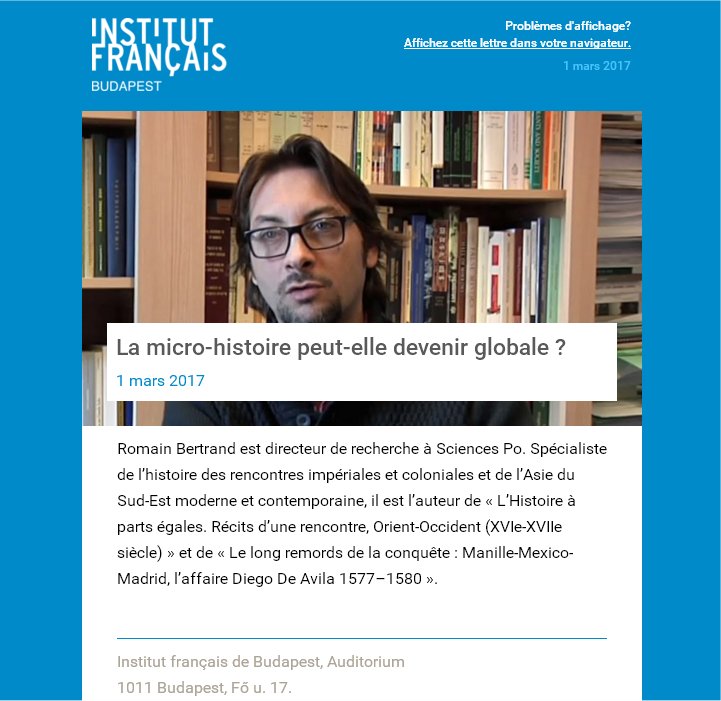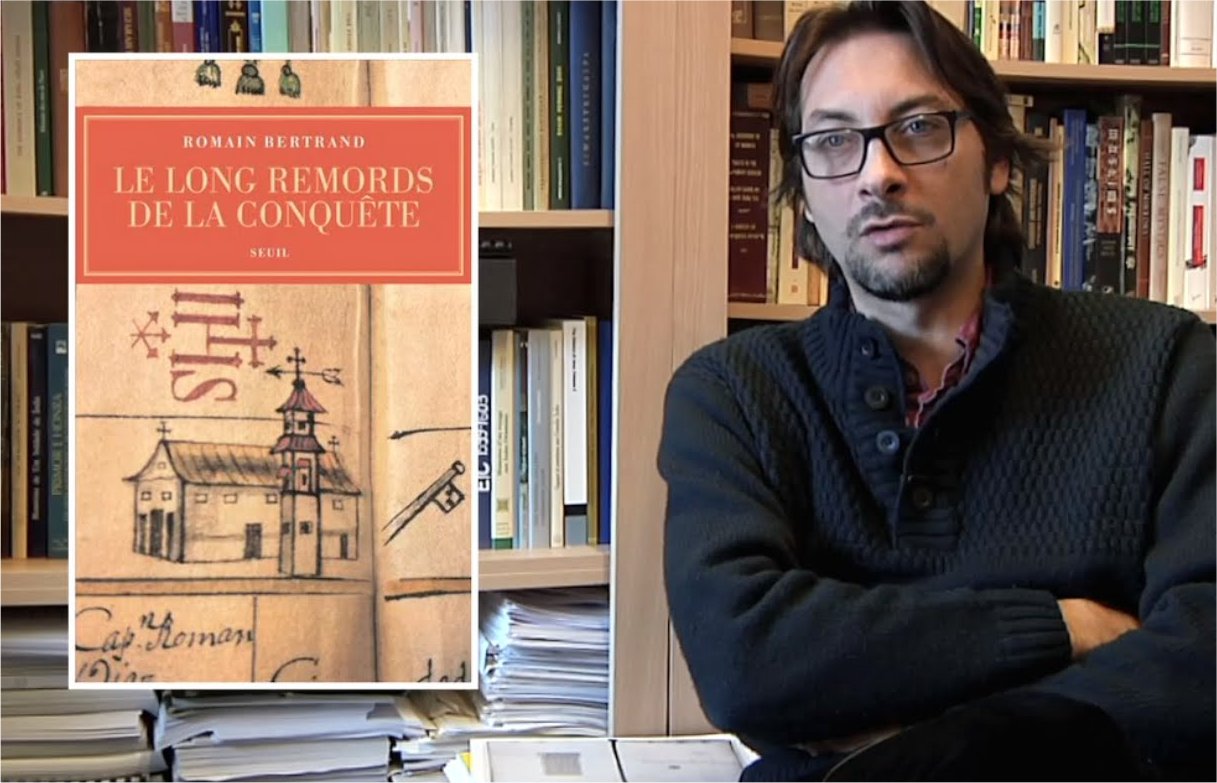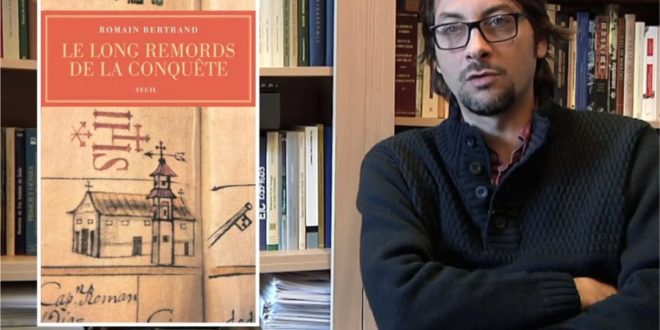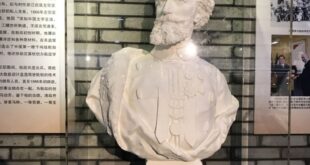Festival de la Francophonie
Le 1 mars 2017 à 18:00
La conférence a lieu dans le cadre de la série de conférences « Current Approaches to Global History» organisée en préparation du Cinquième Congrès Européen d’Histoire Globale, en partenariat avec Central European University, l’Académie des Sciences et l’Université Corvinus. Ce congrès se tiendra à CEU et à l’Université Corvinus du 31 août au 3 septembre 2017 et aura pour thème « Ruptures, Empires, Révolutions ».

En anglais avec traduction simultanée en hongrois
Romain Bertrand est directeur de recherche à Sciences Po. Paris. Spécialiste de l’histoire des rencontres impériales et coloniales et de l’Asie du Sud-Est moderne et contemporaine, il est l’auteur de « L’Histoire à parts égales. Récits d’une rencontre, Orient-Occident (XVIe-XVIIe siècle) » et de « Le long remords de la conquête : Manille-Mexico-Madrid, l’affaire Diego De Avila 1577–1580 »
Romain Bertrand : Can micro-history go global ?
The ethnography of situations of contact (Europe- Southeast Asia, 16th-17th c.)
The emergence of a multipolar and globalized world has triggered numerous disruptions within the field of historical research. By moving the focus from political entities in the broad sense (empires, nation-states) to local phenomena, one branch of history has endeavored to show how specific and individual cases can open new perspectives on the collective future of human societies. Conversely, “global” or “connected” history has emerged as a new way of grappling with the sources, allowing a rethinking of the understanding of so-called “extra-European” societies. How can History free itself from the paradigm according to which “it is written by the winners”? A further question is: how can one dismiss the bipolar opposition between “colonizers” and “colonized”? What is at stake is our capacity to understand in all their complexity encounters between two cultures deemed antagonistic.
Romain Bertrand, a specialist of modern and contemporary southeast Asia, is research director at Sciences-Po Paris. His book “L’Histoire à parts égales” (History in equal parts), published in 2011, received critical acclaim during the Blois History festival (les Rencontres de l’Histoire). In this work, his analysis of early encounter between Dutch merchants and Javanese officials in the 16th century challenges the view according to which European expansion was imposed on a passive and backward world. Romain Bertrand puts forward a method consisting in observing the local stage through a global lense and giving equal weight to the sources, thus revealing less binary and more reciprocal relationships between European and Javanese societies.
The lecture takes place within the series “Current approaches to global history” organised in prospect of the upcoming Fifth European Congress on World and Global History convened by the European Network in Universal and Global History (ENIUGH), hosted at CEU and at Corvinus University of Budapest in August 31-September 3, 2017 and devoted to the topic of Ruptures, Empires, Revolutions.
In English, with simultaneous Hungarian translation.

 世纪新闻 C21 News Les nouvelles de la Chine et du 21e siècle
世纪新闻 C21 News Les nouvelles de la Chine et du 21e siècle




